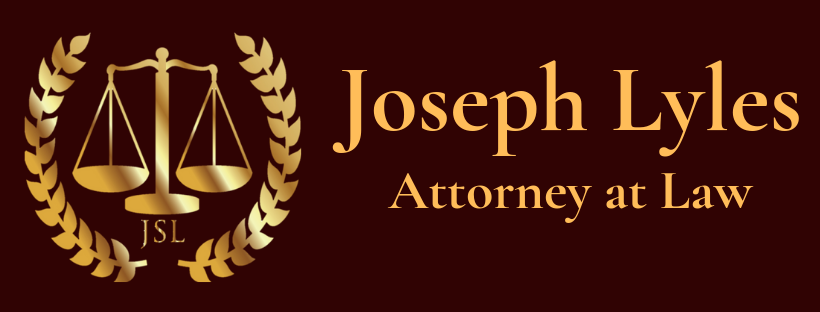Lesson 16: Know the Difference Between Being Right and Proving You are Right in Court
From The Sue the Bastards section of How You Can Avoid Legal Land Mines by Joseph S. Lyles (2003)
The public image of the legal system and its reality are not the same. Over the years, television and movies have successfully entertained the public with legal dramas. Using actors, not lawyers, the producers of these legal dramas are able to make trials seem action-packed, realistic and captivating. However, real trials are rarely exciting and often seem to move at a snail’s pace.
For the sake of telling interesting stories, writers of legal shows have to make the issues clear. The cases are reduced to the bare essentials so the basic story can be presented quickly and concisely to the audience. An actor is not really trying to persuade a judge or jury, he is trying to entertain an audience. On the other hand, in a real jury trial, it is usually necessary to go into a great amount of detail because it is difficult to predict what facts are going to be important to jurors or judges. The issues are often confusing.
Another common misconception created by scripted legal shows is that the truth always comes out in court. The reality is that what actually comes out in court may only be the partial truth. The Rules of Evidence and other policies often prevent a jury from hearing or seeing all the possible evidence. Ultimately, the jury has to make a determination based on an incomplete picture.
In our system of justice, the goal is perfect justice, but perfection is rarely reached. Any system dependent upon human judgment, like our legal system, is subject to errors. It is important to understand that in real life, the guilty party rarely erupts with a spontaneous confession in the courtroom as in the movies or television shows.
Be very cautious about assuming you know what a trial is really like. You may find that your knowledge is actually based on what you’ve seen on TV or the big screen, or read in a book.
The Lesson: If you want to know how a real trial is conducted, you need to observe one. Admission is free, and it is very educational. If you have a case pending, or are considering filing one, don’t let your own trial be the first you’ve ever observed. Refer to APPENDIX C for more information on how to win a legal case.
